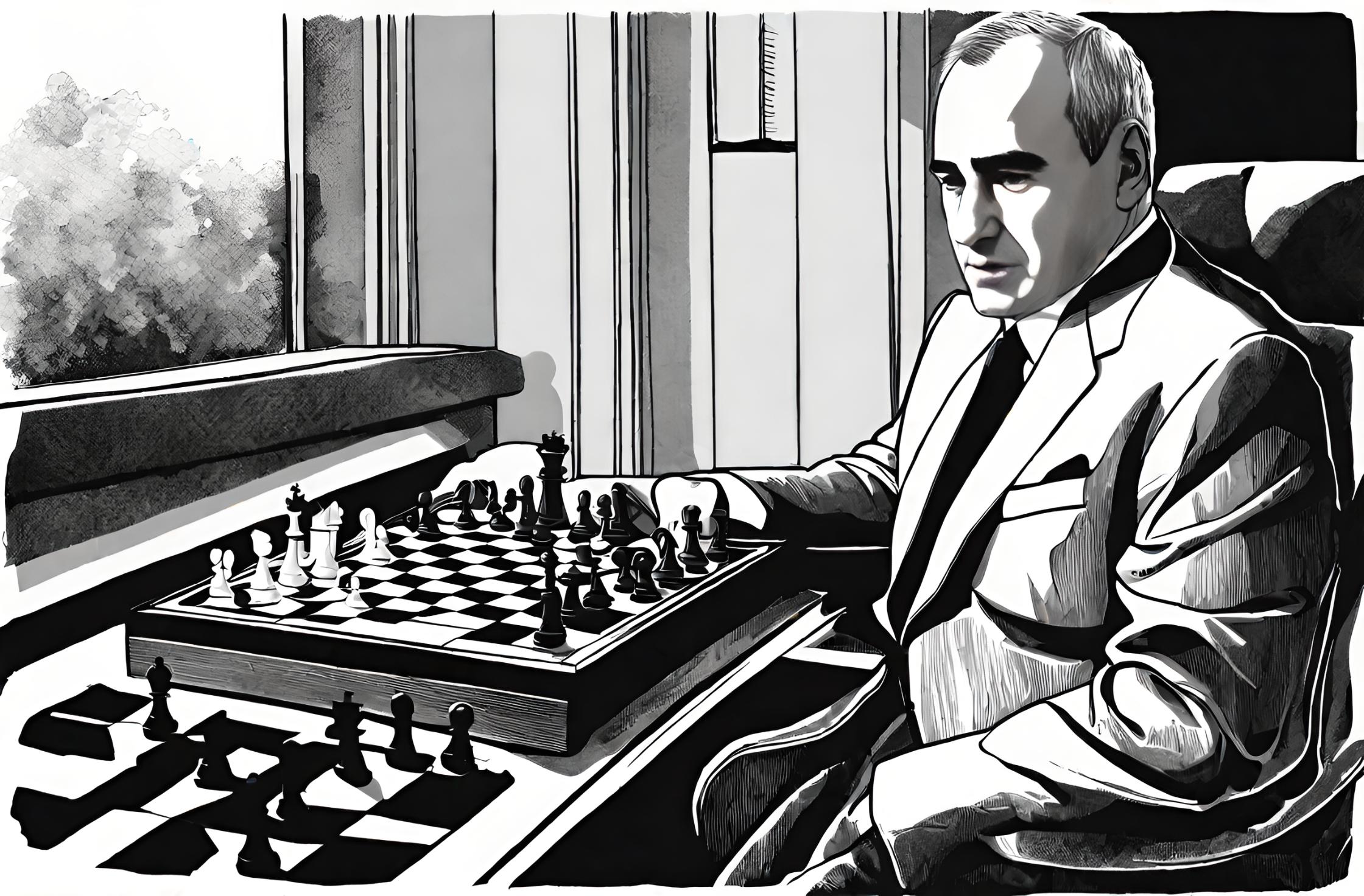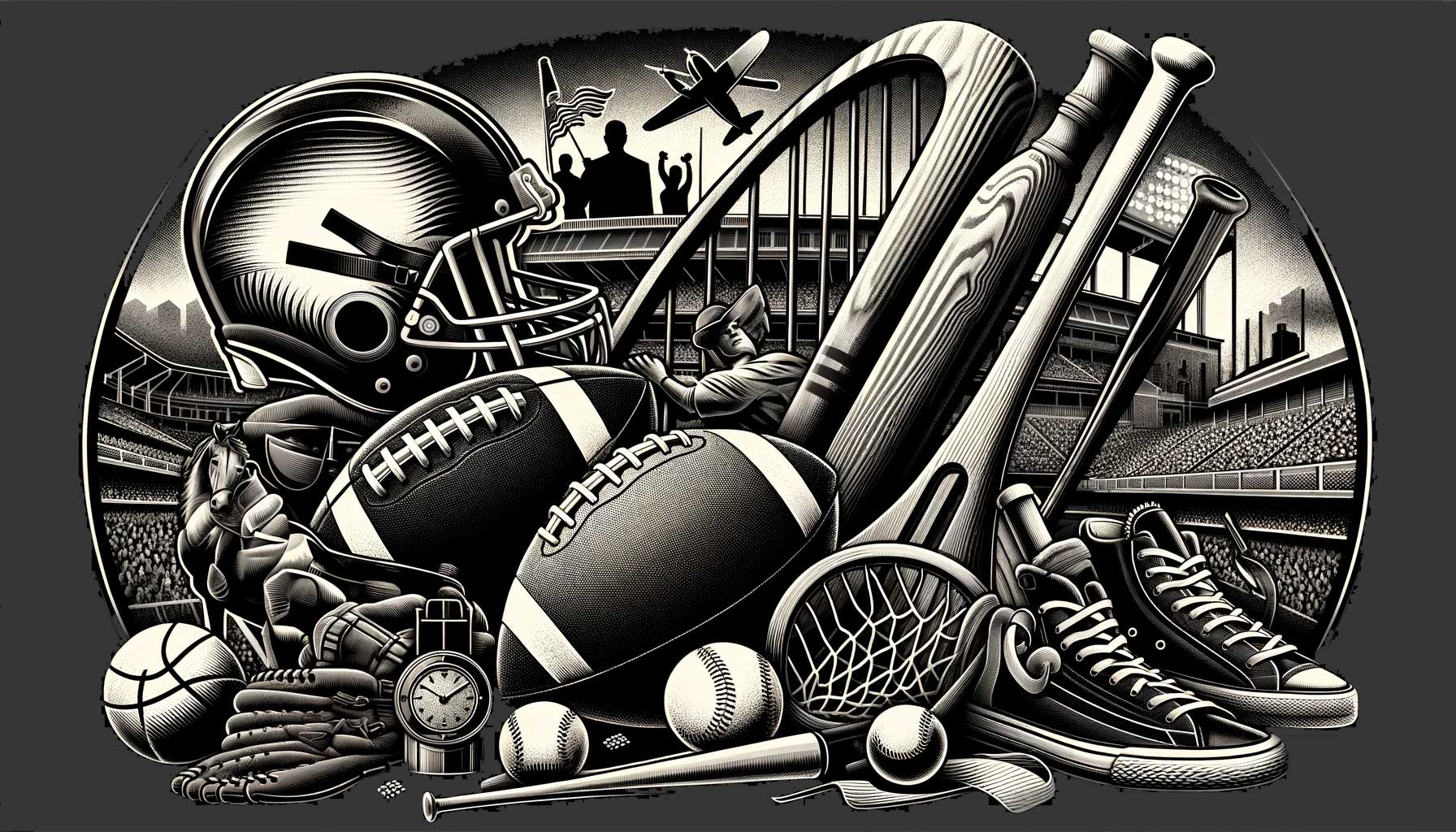Flashback to February 25
Sports History

1996
IBM’s chess computer “Deep Blue” defeats world chess champion Gary Kasparov in the first game of a regulation six-game match.
Read moreOn February 10, 1996, the world of chess witnessed a historic event – IBM’s chess computer “Deep Blue” defeated the world chess champion Gary Kasparov in the first game of a regulation six-game match. This iconic battle between man and machine marked a major milestone in the field of artificial intelligence and had a profound impact on the future of chess.
Deep Blue, developed by a team of IBM researchers, was a supercomputer capable of evaluating millions of positions per second, making it a formidable opponent for any chess player. The match was a highly anticipated event, as Kasparov was known as one of the greatest chess players of all time, having held the world championship title for over a decade.
The first game of the match took place in Philadelphia, with Kasparov playing as black and Deep Blue playing as white. The game started with the Sicilian Defense, a popular opening in chess known for its complexity and tactical possibilities. Both players made several strategic moves, carefully analyzing the board and anticipating their opponent’s next move.
As the game progressed, it became clear that Deep Blue was not just a computer program but a formidable chess-playing entity. It demonstrated excellent positional understanding and made moves that surprised even Kasparov. However, the world champion fought back with his exceptional tactical skills, making the game highly competitive and intense.
In a critical moment of the game, Deep Blue made a move that baffled both Kasparov and chess enthusiasts around the world. The computer sacrificed a pawn, strategically positioning itself to gain an advantage in the middle game. Kasparov, caught off guard, spent a significant amount of time contemplating his next move. Unfortunately, this gave Deep Blue an upper hand, and it continued to make precise moves, gradually forcing Kasparov into a difficult position.
Under immense pressure, Kasparov made a crucial mistake, allowing Deep Blue to gain a decisive advantage. The computer capitalized on this mistake and executed a brilliant combination that ultimately led to Kasparov’s defeat. After 45 intense moves, the world champion, resigned, accepting his defeat in the first game against a machine.
The victory of Deep Blue over Kasparov in 1996 sent shockwaves throughout the chess community and sparked debates about the capabilities of artificial intelligence. Some saw it as a groundbreaking achievement and a testament to the power of technology, while others remained skeptical, questioning the authenticity of the computer’s move choices and suggesting human assistance.
The remaining games of the match were equally intense, with Kasparov seeking redemption and Deep Blue aiming to maintain its dominance. Ultimately, the match concluded in a draw with each side winning one game and drawing the remaining four. However, the impact of the first game’s outcome reverberated far beyond the chessboard.
The match between Deep Blue and Kasparov showcased the potential of AI to challenge human dominance in complex strategic games. It ignited a new era in computer science, with researchers and programmers striving to develop even more advanced chess engines and AI systems to tackle complex problems.
Today, AI plays an integral role in chess. Top players regularly use AI-powered analysis tools to refine their strategy and study their opponents’ games. In 1997, Deep Blue faced Kasparov again in a rematch and defeated him, further solidifying the increasing role of AI in the chess world.
The event on February 10, 1996, remains a momentous occasion and a turning point in the history of chess. It demonstrated the remarkable capabilities of Deep Blue and the potential of AI to challenge human intelligence in strategic decision-making. Even after all these years, the game serves as a reminder of the ongoing progress in artificial intelligence and its impact on various aspects of our society.
We strive for accuracy. If you see something that doesn't look right, click here to contact us!
Sponsored Content

Javed Miandad scores 271…
On February 25, 1989,…

LaMarr Hoyt is banned…
On 2/25/1987, LaMarr Hoyt…

Rajindra Dhanraj takes 16-167…
On 2/25/1996, Rajindra Dhanraj…

J K Irani, cricket…
J K Irani, the…

